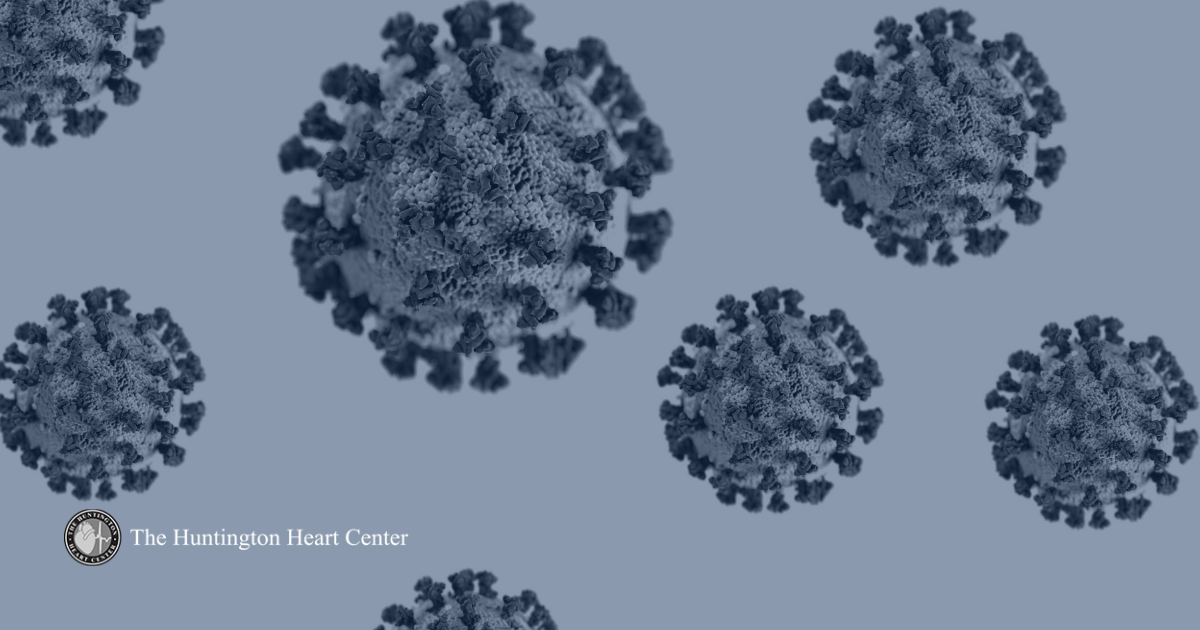Lasting Heart Disease and COVID-19
While New York has seen a precipitous drop in COVID-19 cases and deaths after our devastating first wave, we are certainly not out of the woods. There’s a lot we don’t know, both about the disease itself and about how transmissible it currently is and will be in the fall, when everyone expects a second wave.
Adding to this uncertainty is recent research from Germany which shows many patients, especially those with severe COVID infections may have long lasting heart defects and injury along with other medical deficits including neurological issues and lung problems.
But how does this affect us and what can we do?
Of course, this research adds a degree of urgency in ensuring that cardiovascular patients, those with metabolic disorders such as obesity and diabetes, those with lung disorders and those were generally in poor health should maintain proper distance from others, reduce their exposure by staying home when possible and avoiding situations that may increase their risk of contracting COVID. But these issues may also affect relatively healthier patients too.
We have to understand a number of unknowns surrounding COVID. First, do these heart issues last for more than a few months or are they even permanent? These are questions that we simply can’t answer yet – we don’t have data that goes back far enough. Yes, it seems that some patients are suffering from longer-term structural defects in the heart, but we really don’t know how long these may last. Second, is the degree of heart damage based on the severity of the COVID infection? We know that only a small proportion of patients have a COVID infection severe enough to warrant being hospitalized. Even fewer require ICU care or have life-threatening complications. We need to know more about the heart problem across the complete range of COVID patients.
With estimates of up to 40% of those infected with COVID being completely asymptomatic, it stands to reason that hundreds of thousands if not millions more have infections so mild that they wouldn’t seek medical care. Therefore, any data gathered to this point is probably skewed toward a more dire situation.
What’s the answer?
The answer is twofold. First, we must re-dedicate ourselves to slowing the spread of this terrible pandemic. We can do so with proper physical distancing and avoiding situations that increase the risk of transmission. Second, we must prepare ourselves in the event that we, or someone around us, does become infected. How do you prepare? Getting healthier. It is clear that healthier patients have a lower risk of serious complications associated with COVID. Therefore, improving our general lifestyle in the form of better diet and exercise habits to lose weight, improve diabetes and more is key.
The bottom line is that we still don’t know a lot about COVID-19 but are learning more every day. For now, use common sense to avoid infection and stay as healthy as possible during this acute phase of the pandemic.








